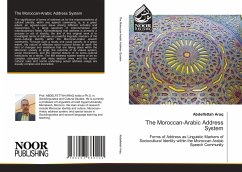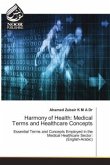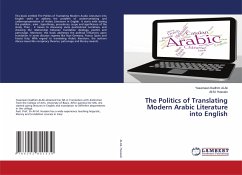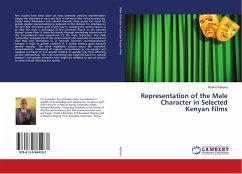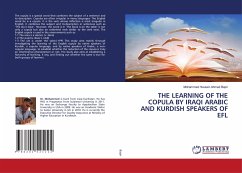The significance of terms of address as for the representations of cultural identity, within any speech community, is, to a great extent, an agreed-upon issue among different scholars and researchers in a large spectrum of interconnected and interdisciplinary fields. Acknowledging that address is primarily a process or act of identity, the aim of this original work is to investigate terms of address as powerful linguistic markers of the socio-cultural identity within the Moroccan-Arabic speech community. Through such a study, one could specify, to a great extent, the nature of effective socio-cultural forces at work, the kind of changes and mutations that are taking place within the Moroccan society at large, the outcome of its values system, social interactions, and the internal texture of its socio-cultural institutions as a whole. The MA address system seems to be so complex, compared with many western ones, and the socio-cultural rules and norms underlying actual address usage are equally complex and diversified.

